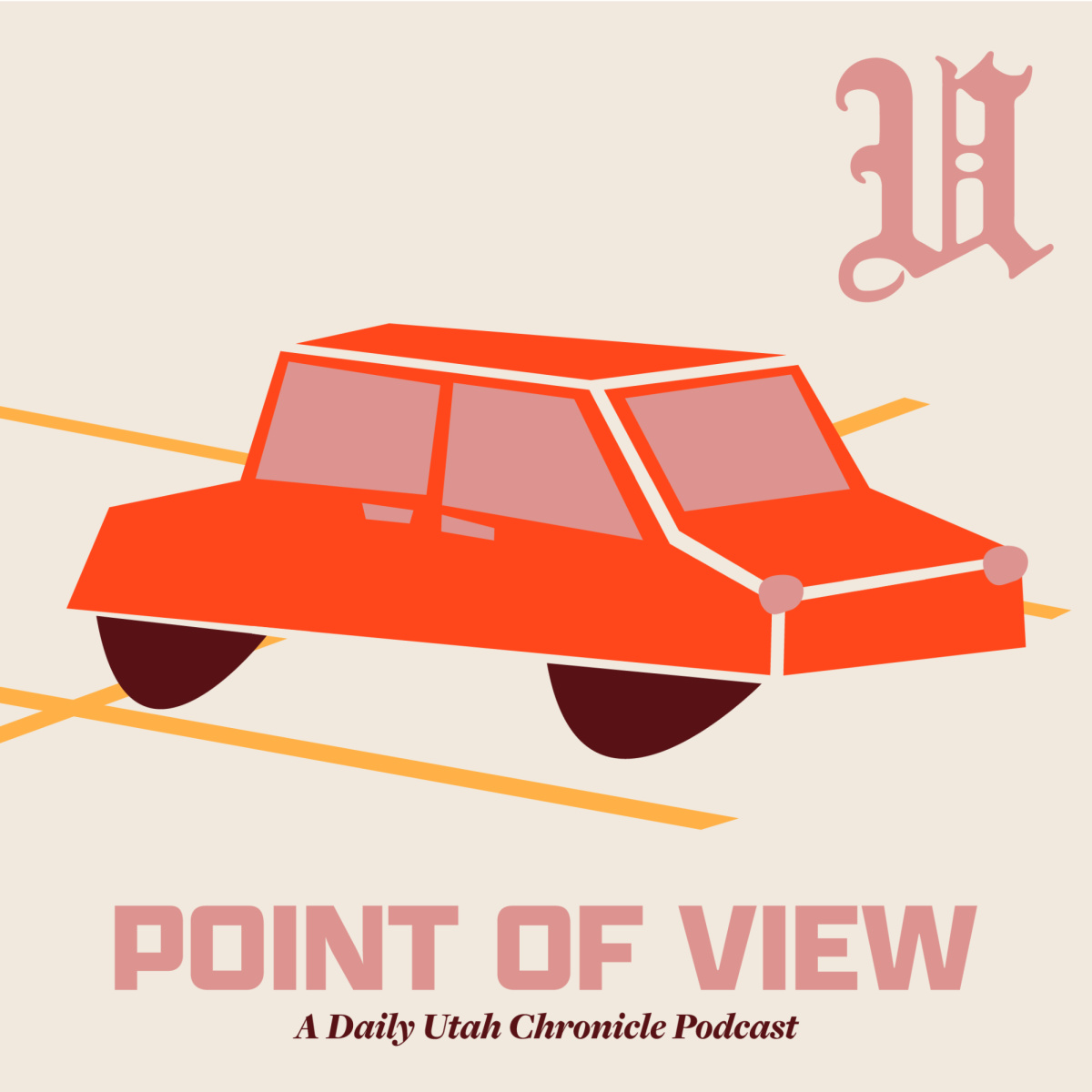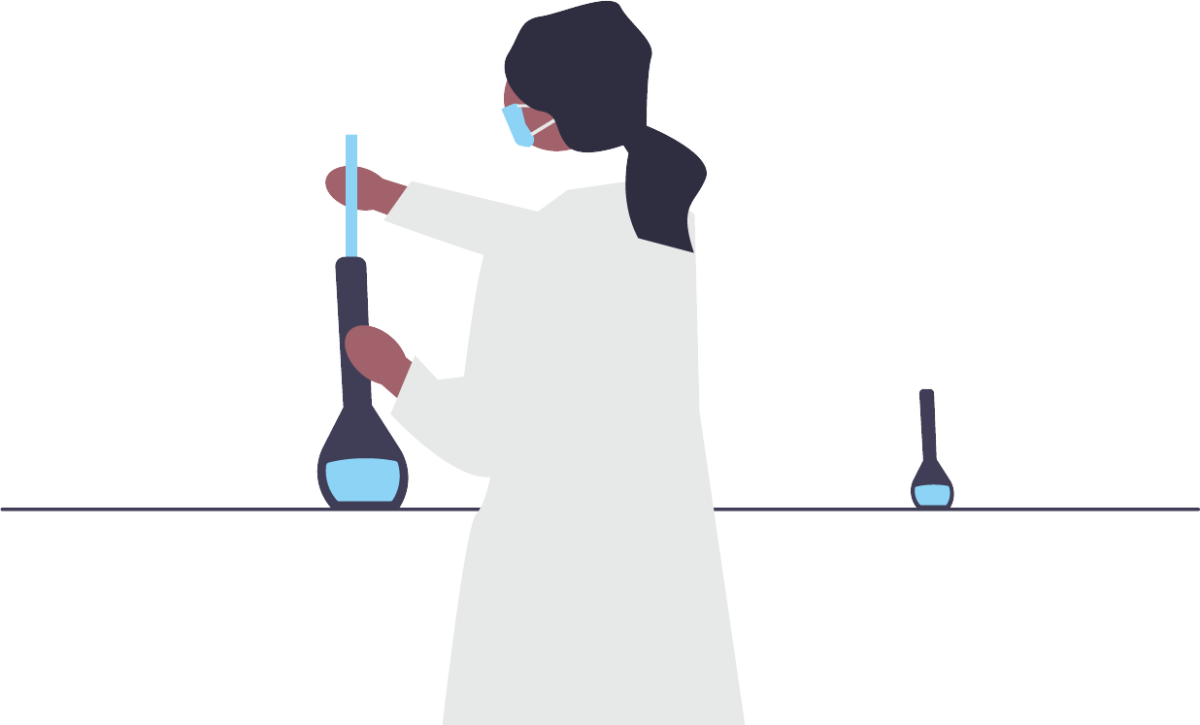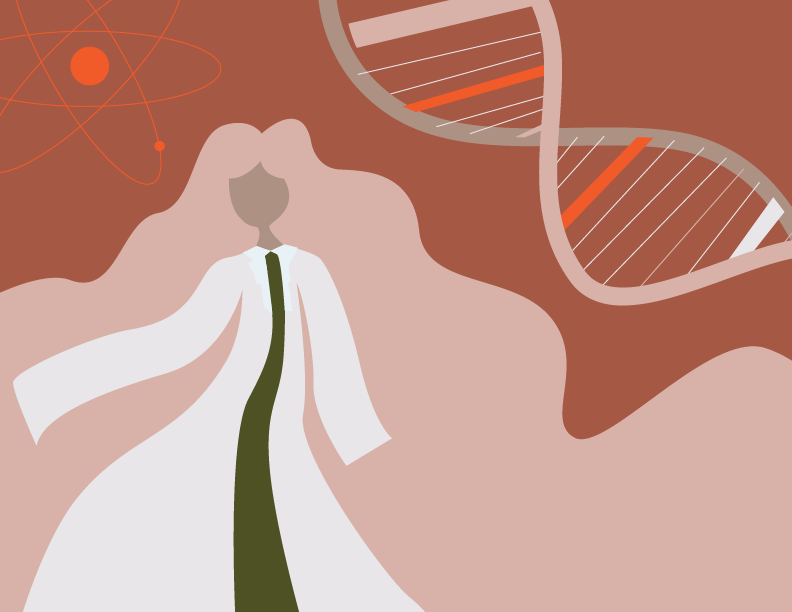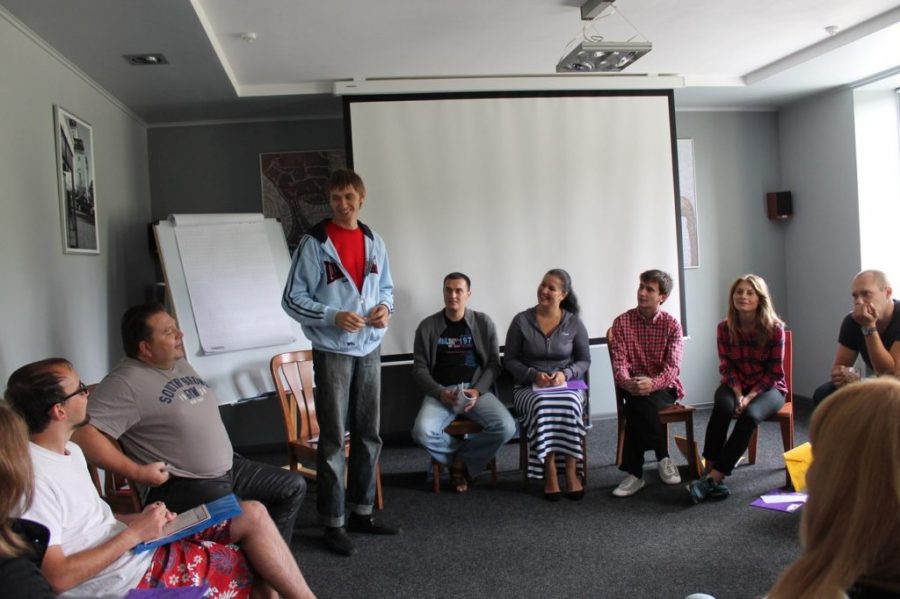There is much to be lauded about recent efforts to remove the stigma from mental health issues and allow for more mature conversations. Unfortunately, in trying to have these conversations, it is often the case that popular ideas about mental health can impede our understanding. The most prominent example, perhaps, is the idea that depression is a disease that can be treated in the same manner as others. This, however, understates the true complexity of the issue and may hurt our ability to provide effective treatment for those who suffer from it.
In reality, those who practice mental health treatments are often very reticent to use a disease label to refer to depression. Often calling it a disorder instead, many psychiatrists and psychologists note the need to be aware of not only biological but also social and psychological underpinnings of the issue. This requires an entirely different approach: while one treating a purely physical disorder might focus exclusively on medication, psychiatrists feel the need to incorporate other forms of treatment, such as psychotherapy.
An issue is the competition between two different models of illness. One model, the “medical model,” refers to how we typically think of disease as a physical problem to be resolved with a physical change, or with medication. But though psychiatric treatments for depression have certainly proved a certain degree of reliability, they continue to fail to cure or improve a number of depressive patients. It is clear that our current medicines alone are not up to the task of combating depression.
Another model commonly used in the treatment of depression is the “bio-psychosocial model.” This long name is indeed an attempt to address what amounts to a very complex issue, where clear biological, social and psychological factors can each play a positive or negative role. While the inclusion of “bio” clearly tells us that biological factors and medication can play a role, it does not necessarily take the lead role in treatment. This model, therefore, can help us understand the varying types of depression and why many respond to different, non-medical treatment methods.
Certainly there is debate about the issue. Some criticize the bio-psychosocial model within psychology and psychiatry. Some have sought to redefine the medical model to better accommodate a variety of approaches based on whatever produces results, the notion of “does it work?” But this, indeed, is the very beginning of the discussion, and not the end. We have much more still to learn about mental health disorders like depression, and many different kinds of qualified practitioners looking to figure it out.
So, for those outside the medical field who seek to bring discussions of mental health to light, it is important to be careful about misrepresenting the issue. Depression does indeed sometimes resemble a disease; in other cases, for other people, it may not. If we want popular conversations to positively benefit those with depression, we need to be careful about misinformation. While it may be useful to describe something as a disease as a way to represent our common experiences with illness, depression and other mental illnesses are much more complex.






















Harold A. Maio • Apr 12, 2017 at 10:35 am
–There is much to be lauded about recent efforts to remove the stigma from mental health issues
Do not make it sound so complicated: removing it from your pages takes only an editorial decision to do so. Remove it and let it lie alongside other examples you have already removed. It is a participatory prejudice. You do not have to participate.